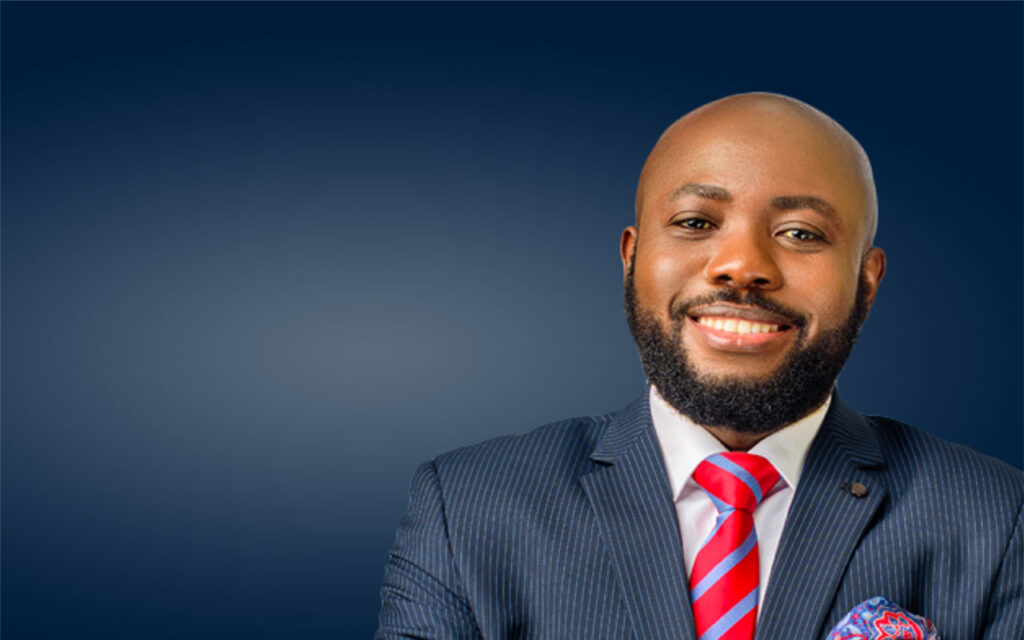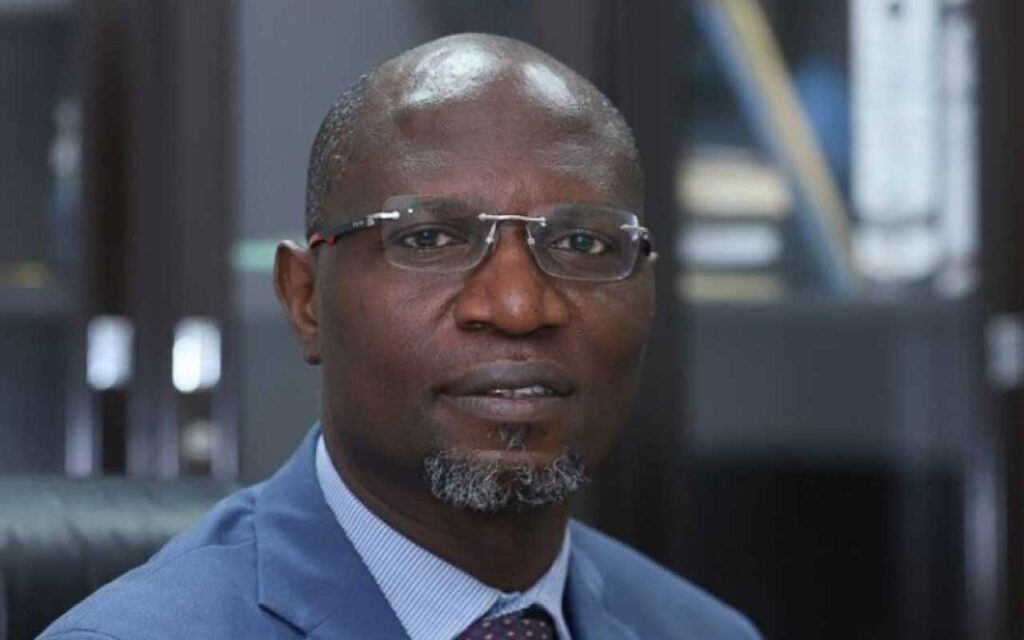
G.Developing Communication Mastery Among Leaders
In October 2020, I tweeted about communication: “[It] is the language of leadership. Leaders use communication as a tool to give inspiration, comfort, direction, persuasion and correction. To make our communication productive, we must pay attention to our audience, timing, tone, prevailing conditions, content and context.” Productive communication is integral to leadership, and mastering it is a non-negotiable skill.
Project.co’s Communication Statistics 2023 report highlighted that the costs of poor business communication include – wasted time (according to 68% of survey respondents), missed messages (53%), burnout, stress, and fatigue (42%), lost files (35%), bad customer experience (30%), loss customers to competitors (12%), and loss employees (10%).
To enhance productive communication skills, it is important for leaders to strengthen their storytelling abilities. When you enhance your storytelling skills, you can convey your vision in a compelling and inspirational way.
In addition to mastering the art of storytelling, leaders must be intentional about ensuring clarity and transparency in as they interact with their teams. You want to communicate with unequivocal clarity and maintain transparency in all interactions with your team. This openness fosters trust and ensures everyone is informed and aligned. One of my favourite quotes on communication was given by George Bernard Shaw who said: “The single biggest problem in communication is the illusion that it has taken place”.
In his Harvard Business Review article, The Neuroscience of Trust – Management Behaviors that Foster Employee Engagement, Paul J. Zak, revealed that compared with people at low-trust companies, people at high-trust companies report: 74% less stress, 106% more energy at work, 50% higher productivity, 13% fewer sick days, 76% more engagement, 29% more satisfaction with their lives, 40% less burnout.
H. Personalized Leadership Coaching and Mentoring
At the maiden edition of Dr. Abiola Salami International Leadership Bootcamp held in Nairobi, Kenya, my mentor – Prof. Dana H. Born Faculty Chair at Harvard University said, “one thing we must understand about elevating and inspiring leaders is to recognize that a leader is not just someone in a position of authority. Leadership is about owning a situation, taking some action, and adding your distinctive value. The best thing we can do is debunk the thought that you need to have a budget or a title or office to be a leader. We have the opportunity every day to create a positive influence”.
In my experience, her thought is the foundation for driving peak performance at all levels of the organization. When everyone in your organization is equipped with the skills, knowledge, and attitude to create a positive influence with internal and external customers, you will have a high performing team where everyone takes personal responsibility for delivering peak performance.
A survey of almost 18,000 human resource professionals and business leaders from around the world found that 83% believe it is critical to develop leaders at all levels. Despite this, less than 5% of businesses have integrated leadership development at all levels. According to the Global Leadership Forecast 2021, “fewer than half of leaders feel they are effective in leadership skills that will be most critical for future success. Even worse, they aren’t getting development in the skills they need most urgently.” This is an urgent situation that needs to change.
We must therefore craft personal development plans and individualized coaching tailored to the unique needs and aspirations of each leader in such a way that learning interventions are designed to maximize personal strengths and help improve on weak areas. Targeted coaching leads to transformational results. We should focus our coaching interventions where they are most needed, engaging service providers that have demonstrated capacity to bring about effective changes in leadership behavior and mindset. As a coaching client once mentioned, “I would recommend coaching to other leaders because the value of having time and open, frank conversations with someone who doesn’t work for you or whom you don’t work for is invaluable.”
Conclusion
Next Tuesday, we will conclude the discussion by sharing the final two strategies any leader who want to build a peak performance culture must apply. You may want to consider enrolling your leadership team for the Made4More Accelerator Program Accelerator Program – A marketplace performance accelerator program is designed for leaders and potential leaders who want to position themselves on a fast-growth path in their industry. The program is for a peculiar set of industry leaders, culture shapers, and game changers who are committed to achieving peak performance in their space. You will be nurtured to use your competence, character, creativity, compassion, and courage to make a remarkable positive difference in your industry. Visit https://abiolachamp.com/m4m-accelerator/ to learn more.
About Dr. Abiola Salami
Dr. Abiola Salami is the Convener of Dr Abiola Salami International Leadership Bootcamp and The Peak PerformerTM. He is the Principal Performance Strategist at CHAMP – a full scale professional services firm trusted by high performing business leaders for providing Executive Coaching, Workforce Development & Advisory Services to improve performance. You can reach him on hello@abiolachamp.com and connect with him @abiolachamp on all social media platforms.













